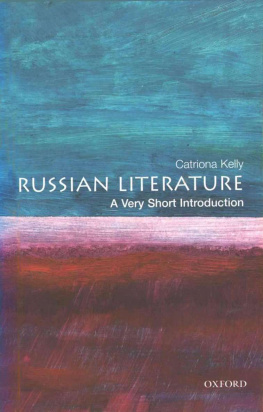Catríona Ní Dhúill - Metabiography : reflecting on biography
Here you can read online Catríona Ní Dhúill - Metabiography : reflecting on biography full text of the book (entire story) in english for free. Download pdf and epub, get meaning, cover and reviews about this ebook. year: 2020, genre: Religion. Description of the work, (preface) as well as reviews are available. Best literature library LitArk.com created for fans of good reading and offers a wide selection of genres:
Romance novel
Science fiction
Adventure
Detective
Science
History
Home and family
Prose
Art
Politics
Computer
Non-fiction
Religion
Business
Children
Humor
Choose a favorite category and find really read worthwhile books. Enjoy immersion in the world of imagination, feel the emotions of the characters or learn something new for yourself, make an fascinating discovery.
- Book:Metabiography : reflecting on biography
- Author:
- Genre:
- Year:2020
- Rating:5 / 5
- Favourites:Add to favourites
- Your mark:
- 100
- 1
- 2
- 3
- 4
- 5
Metabiography : reflecting on biography: summary, description and annotation
We offer to read an annotation, description, summary or preface (depends on what the author of the book "Metabiography : reflecting on biography" wrote himself). If you haven't found the necessary information about the book — write in the comments, we will try to find it.
Metabiography : reflecting on biography — read online for free the complete book (whole text) full work
Below is the text of the book, divided by pages. System saving the place of the last page read, allows you to conveniently read the book "Metabiography : reflecting on biography" online for free, without having to search again every time where you left off. Put a bookmark, and you can go to the page where you finished reading at any time.
Font size:
Interval:
Bookmark:
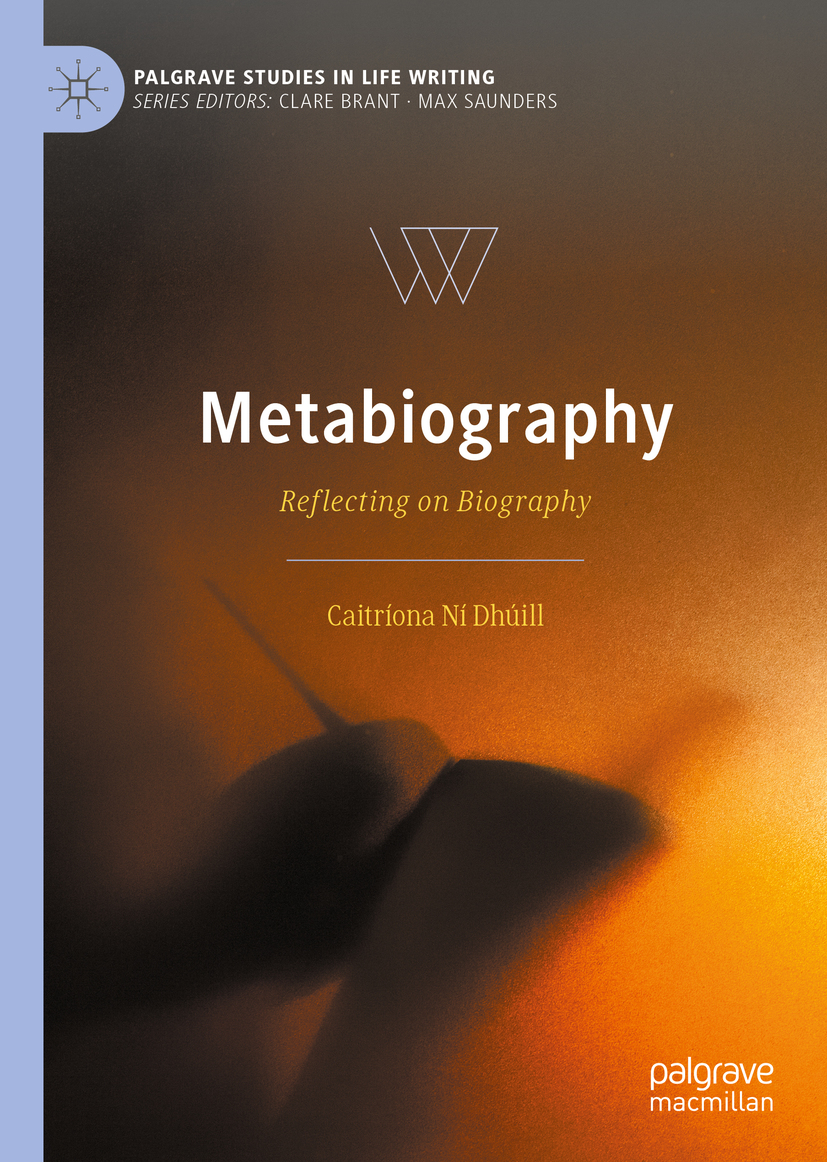
This series features books that address key concepts and subjects, with an emphasis on new and emergent approaches. It offers specialist but accessible studies of contemporary and historical topics, with a focus on connecting life writing to themes with cross-disciplinary appeal. The series aims to be the place to go to for current and fresh research for scholars and students looking for clear and original discussion of specific subjects and forms; it is also a home for experimental approaches that take creative risks with potent materials.
The term Life Writing is taken broadly so as to reflect the academic, public and global reach of life writing, and to continue its democratic tradition. The series seeks contributions that address contexts beyond traditional territories for instance, in the Middle East, Africa and Asia. It also aims to publish volumes addressing topics of general interest (such as food, drink, sport, gardening) with which life writing scholarship can engage in lively and original ways, as well as to further the political engagement of life writing especially in relation to human rights, migration, trauma and repression, sadly also persistently topical themes. The series looks for work that challenges and extends how life writing is understood and practised, especially in a world of rapidly changing digital media; that deepens and diversifies knowledge and perspectives on the subject, and which contributes to the intellectual excitement and the world relevance of life writing.
More information about this series at http://www.palgrave.com/gp/series/15200

Cover image Yifei Fang / Getty Images, 1015921960
This Palgrave Macmillan imprint is published by the registered company Springer Nature Switzerland AG.
The registered company address is: Gewerbestrasse 11, 6330 Cham, Switzerland

To forget the dead altogether is impious in ways that prepare their own retribution, but to remember the dead is neurotic and obsessive and merely feeds a sterile repetition. The fact is that there is no proper way of relating to the dead and the past in the first place, only this oscillation between two equally impossible and intolerable conducts.
Fredric Jameson,Valences of the Dialectic
This book has been many years in the making and while its imperfections are my own, its completion would not have been possible without the encouragement, support, inspiration and critical friendship of many people, some of whom I know in person, some only through their writings. My first and formative immersion in the theory, history, and practice of biography was during a four-year post-doctoral research fellowship at the Ludwig Boltzmann Institute for the History and Theory of Biography, Vienna, from 2005 to 2009. The beginnings of this book emerged from the numerous conversations, seminars, collaborations and publication opportunities afforded me during that time. I am deeply indebted to Wilhelm Hemecker, the institutes director, and to Bernhard Fetz, then deputy director, for this wonderful chance to grow as a researcher, as well as to my dear colleagues and friends Tobias Heinrich, Deborah Holmes, Wolfgang Kreutzer, Esther Marian, Manfred Mittermayer and Hannes Schweiger for being such incomparable interlocutors; through them, I learned that intellectual fellowship is the bedrock of research. I also received invaluable support from Cornelia Nalepka during my time at the Boltzmann Institute. One of our number, Esther Marian, was tragically taken from us in 2011; while completing this book, I thought often of how much I had learned from Esthers intellectual fearlessness, and I wish she could have been spared us for longer.
I also wish to express heartfelt thanks to my colleagues at the School of Modern Languages and Cultures, Durham University, who provided a stimulating environment where I continued to flourish as a researcher from 2009 to 2019, and whose suggestions and criticisms in response to various drafts of parts of the book were extremely helpful. A three-month fellowship at Durhams Institute of Advanced Study was invaluable in progressing the research in 2013; I am indebted to Veronica Strang and all at the IAS for this welcome release from teaching duties. Julia Lajta-Novak was instrumental in making connections that spurred the project further towards publication at a crucial juncture; I am immensely grateful to her for this, to Max Saunders and Clare Brant for accepting my book for the Palgrave Studies in Life Writing series, and to Craig Howes for his encouragement and endorsement. It has been a pleasure to work with Palgrave, and I thank the editorial staff for their patience throughout.
As well as being a book about biographythe writing of lifethis book has become, over the course of at least a decade, part of my own biography, written in the midst of my life. I want to thank my family and friends for their love and steadfast support, which have enabled me to keep coming back to this project and to see it through to publication. Barry McCreas incisive and immensely encouraging responses to evolving versions of the manuscript were a key ingredient in its progress; Deborah Holmes gave invaluable advice in the final phases. Werner Garstenauer has lived in close proximity to this manuscript since 2015, joined by Sen and Feilim in due course; it is to him that I dedicate this book, with love and gratitude.
Font size:
Interval:
Bookmark:
Similar books «Metabiography : reflecting on biography»
Look at similar books to Metabiography : reflecting on biography. We have selected literature similar in name and meaning in the hope of providing readers with more options to find new, interesting, not yet read works.
Discussion, reviews of the book Metabiography : reflecting on biography and just readers' own opinions. Leave your comments, write what you think about the work, its meaning or the main characters. Specify what exactly you liked and what you didn't like, and why you think so.

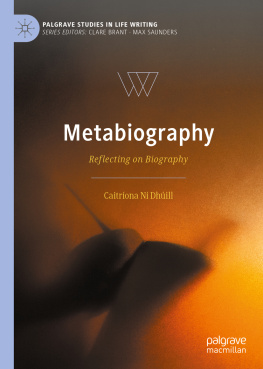

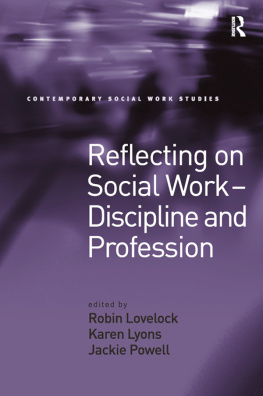
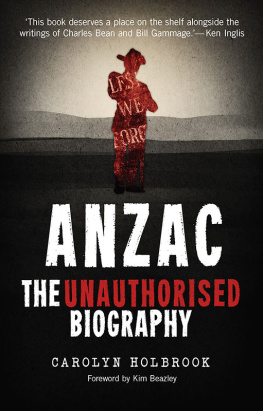
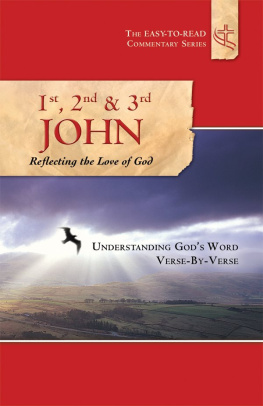

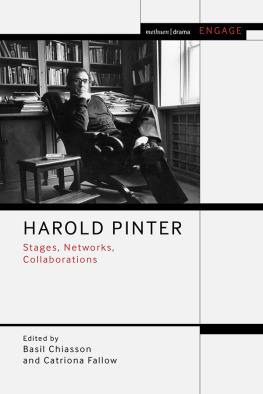
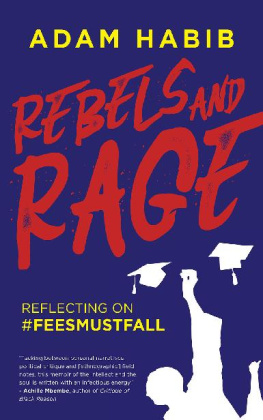
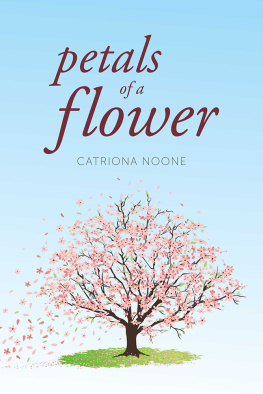
![Catriona McPherson [Catriona McPherson] - A Step So Grave](/uploads/posts/book/140719/thumbs/catriona-mcpherson-catriona-mcpherson-a-step-so.jpg)
